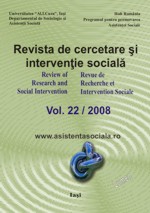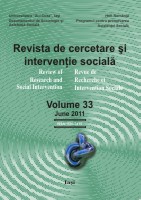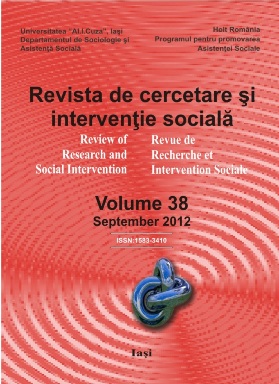
Drepturile, protecţia şi asistenţa victimelor traficului de persoane în cursul procesului penal - perspective juridice şi psihosociale
Year by year, children, teenagers, women and men are trapped by organized criminal groups and forced to beg, to work in inhuman condition or exploited through sexual exploitation. Trafficking in human beings is a multiphaced phenomenon with serious consequences on victim’s safety, health and fundamental rights. This problem has been manifested in regions that lack adequate legislation to prevent it. Recognized as a phenomenon of international organized crime and a gross human rights violation, the trafficking in person prevention, countering and the assistance of victims needs coordinated interinstitutional and multidisciplinary efforts of all those involved in the anti-trafficking fight. This paper presents Romania’s legislative and interinstitutional efforts to counteract trafficking in human beings and to assure victims social protection and interests. In this respect, the paper discusses aspects concerning the protection and psychosocial assistance of victims in the penal process, since their identification as victims until the end of criminal proceedings. The Human Trafficking Victims Coordination Program in the Penal Process, implemented by the National Agency Against Trafficking in Person, aimed to increase victims trust in the judicial institutions and their participation in the penal process, is illustrated by a case study.
More...

